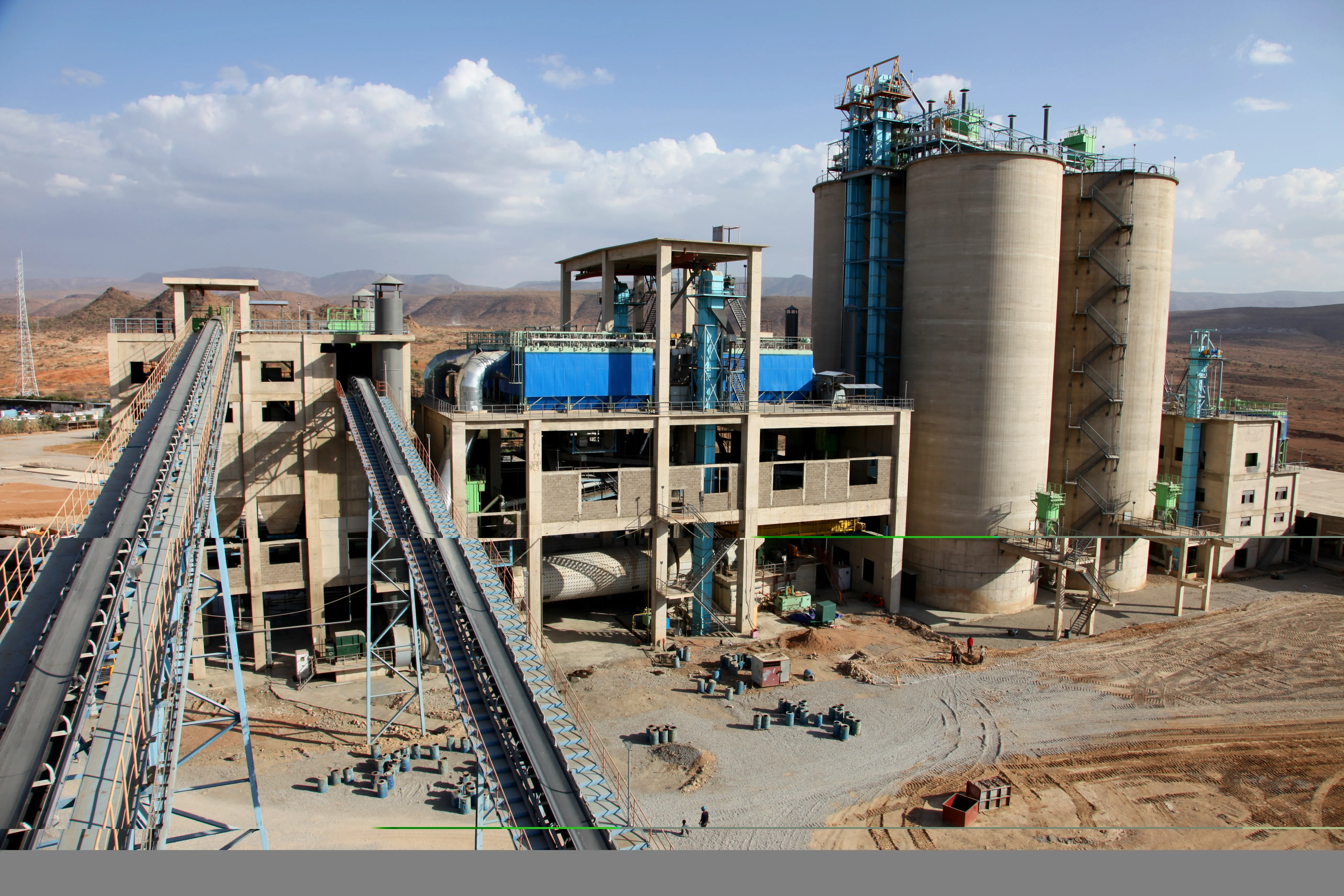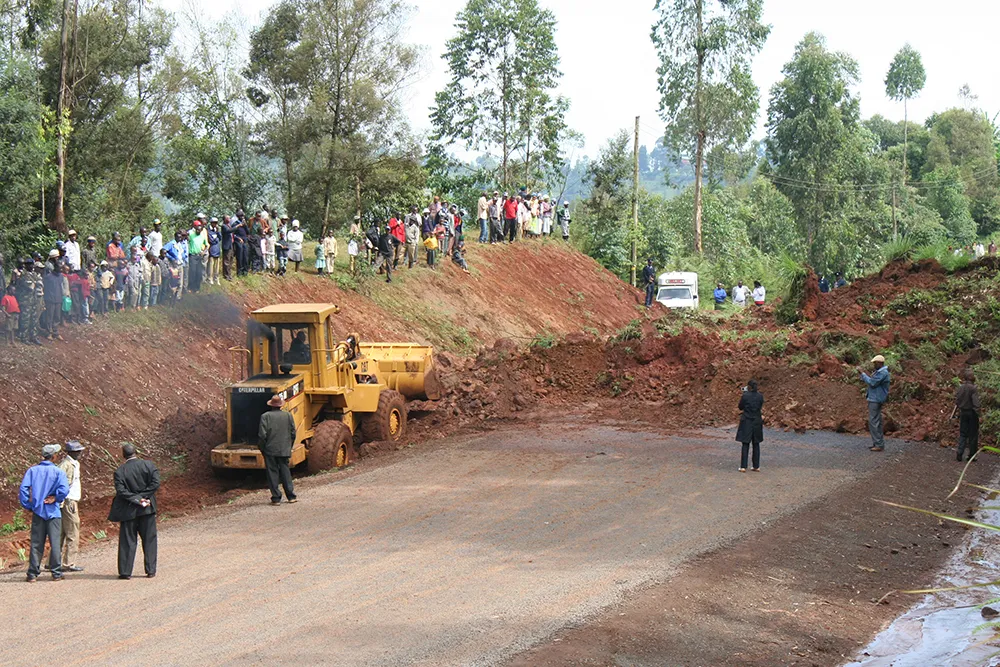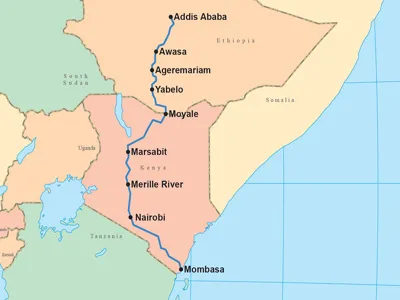In Ethiopia plans are in hand for a series of major road projects. The Ethiopian Government has set out a programme of road building contracts to expand the country’s transportation network. The Addis Ababa City Roads Authority (AACRA) intends to build 600km of roads in the 2014/2015 fiscal year. This will extend Ethiopia’s road network from 4,671-5,275km. However AACRA still requires some £189.5 million to complete this project. So far AACRA has received US$305 million from Addis Ababa City Administration,
September 22, 2014
Read time: 2 mins
In Ethiopia plans are in hand for a series of major road projects. The Ethiopian Government has set out a programme of road building contracts to expand the country’s transportation network. The Addis Ababa City Roads Authority (AACRA) intends to build 600km of roads in the 2014/2015 fiscal year. This will extend Ethiopia’s road network from 4,671-5,275km. However AACRA still requires some £189.5 million to complete this project. So far AACRA has received US$305 million from Addis Ababa City Administration, $10.18 million and $8.9 million respectively China and France and $2.14 million from the Road Funds.
Two Chinese firms are working on contracts for the Ethiopian Roads Authority for the construction of two roads in southern and eastern Ethiopia. China Tiesiju Civil Engineering Group Company (China Tiesiju) has a $54.85 million contract for a 107km road connecting Yabelo and Konso. This contract includes building five bridges as well as installing piping for drainage and will take around 41 months to complete. The firm will consult the joint venture of Uganda-based Prome Consultants and Ethiopia-based Omega Consulting Engineers on the project. Meanwhile CGC Overseas Construction Group (CGC Overseas) has a $199 million contract to build a 220km road linking Dewalle and Dire Dawa. The firm will consult Shandong XinQiDian Overseas Consulting on the project and the road will take three years to complete. The Ethiopia Government will provide 15% of the project's finance, while the rest will be covered by the Export Import (EX-IM) Bank of China. Earlier this year, a $186 million loan was approved, payable over 20 years, with a 2% interest rate and a grace period of seven years.
Two Chinese firms are working on contracts for the Ethiopian Roads Authority for the construction of two roads in southern and eastern Ethiopia. China Tiesiju Civil Engineering Group Company (China Tiesiju) has a $54.85 million contract for a 107km road connecting Yabelo and Konso. This contract includes building five bridges as well as installing piping for drainage and will take around 41 months to complete. The firm will consult the joint venture of Uganda-based Prome Consultants and Ethiopia-based Omega Consulting Engineers on the project. Meanwhile CGC Overseas Construction Group (CGC Overseas) has a $199 million contract to build a 220km road linking Dewalle and Dire Dawa. The firm will consult Shandong XinQiDian Overseas Consulting on the project and the road will take three years to complete. The Ethiopia Government will provide 15% of the project's finance, while the rest will be covered by the Export Import (EX-IM) Bank of China. Earlier this year, a $186 million loan was approved, payable over 20 years, with a 2% interest rate and a grace period of seven years.








